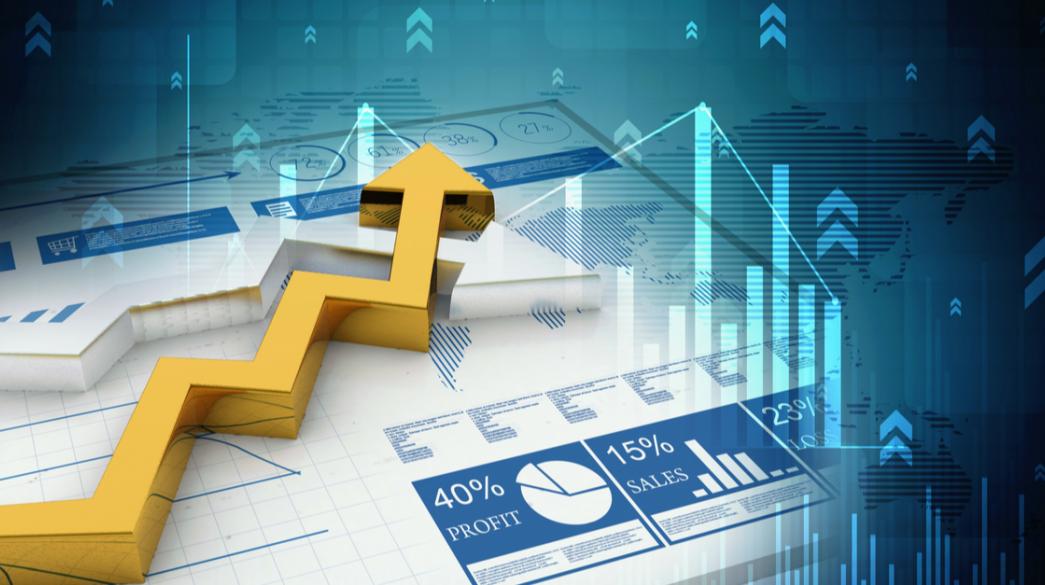Inflation is returning to haunt the Greek economy once again, as consumer price increases in June hit the highest point in 27 months. However, the first signs are emerging globally that supply shortages may be easing and that demand for durable consumer products has peaked, helping clear the way for prices to cool down in the crucial production sector.
For the past six months, a major source of inflation has been supply problems in key markets, ranging from semiconductors to home appliances. This, in turn, raises fears that consumer prices will rise.
At the heart of the problem has been the enormous shift in consumer spending during the pandemic. Spending on services collapsed as leisure and hospitality sectors were closed and travel restricted but spending on consumer durables surged as people stayed at home and bought goods online.
These shortages were evident once again in June’s PMI surveys released last week. Supplier delivery times increased across most manufacturing sectors in Asia, however, a closer look at the numbers shows that shortages in some parts of global manufacturing may start to ease over the coming months
In Japan, producers are expecting a sharp rebound in production in the coming months while carmakers are predicting output to jump in June amidst evidence that global demand for consumer durables is peaking. China’s industrial sales for exports levelled off in May and export orders for Taiwan also appeared to have plateaued in the past couple of months.
"Supply shortages are not going to disappear overnight – on the contrary, they are likely to persist in some form until well into 2022,” says Neil Shearing, group chief economist at Capital Economics. “But there are at least reasons to think that the extreme crunch in autos will now ease, and that supply shortages in other sectors will start to diminish over the second half of this year,” he adds.
Difficult economic mix
In Athens, the threat of inflation is arising in a difficult economic reality for the government facing a new pandemic outbreak. In June, inflation rose to 1% from 0.1% in May, while for more than a year it was in negative territory. Inflation advanced in June, rising for a second consecutive month.
If there is no de-escalation of prices soon the blow to weak income growth will be considerable, while inflationary pressures are likely to undermine efforts to restart the economy.
However, the European Commission appears reassuring in its summer report published a few days ago. The EU highlights that price pressure from imported inflation in Greece is seen being offset by deflation to be created by lower prices in the services sector, due to a moderate recovery of tourism. It forecasts negative inflation for Greece (-0.4%) for this year, with the prospect of it becoming marginally positive (0.5%) in 2022.
In June, ELSTAT recorded price increases in most goods and services. The highest price increases were recorded for fresh fruit (20.4%) in natural gas (15.8%) and in airline passenger tickets (12%), while the lowest were in fresh fish (2.2%) and pork ( 1.7%) in household direct consumption items (1.6%) in cheeses (1.1%) and in fuels and lubricants (0.8%).



